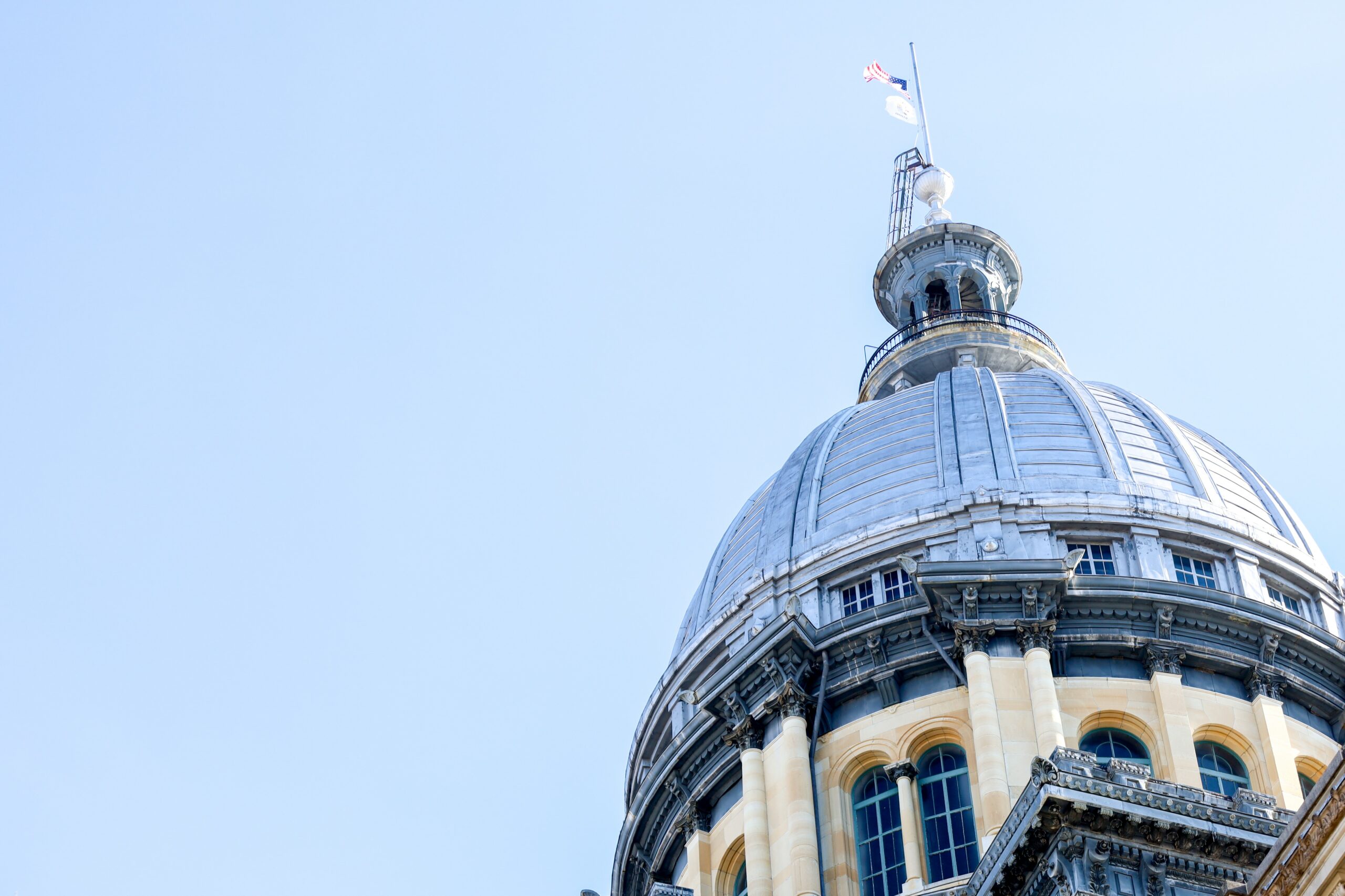Don’t miss the weekly update from NASL member firm Third Reading Consulting Group below.
Veto Session Week 1 Recap
The Illinois General Assembly returned to Springfield for the first week of a two-week fall veto session from October 24 to 26. Following a one-week gap, legislators will return for the second week from November 7 to 9. A few committees met, but floor action was limited to mostly cleanup measures in the Senate and one bill in the House. House Speaker Chris Welch’s bill allowing legislative staffers to unionize (HB 4148) passed the House floor by a vote of 74-35-4. The Senate has not indicated if they will take up this legislation in the second week of veto session.
Veto session is also the last opportunity to pass an extension to the Invest in Kids scholarship program, which is set to expire at the end of the year. Republicans have pushed for the program to be extended, but there was not enough support from the supermajority Democrats to pass an extension earlier in the year.
Gov. J.B. Pritzker issued three total vetoes and three amendatory vetoes of bills passed in the 2023 regular session. None of the vetoed bills saw any action in the first week of veto session.
Mayor Johnson Requests State Funding for Migrants
Chicago’s migrant crisis shows no sign of ending anytime soon. Over 18,000 migrants have arrived in Chicago since September 2022, and the pace at which new arrivals are coming only continues to accelerate. Republican-controlled border states seek to increase migrant flows to Chicago in an attempt to make the city look bad as it prepares to host the 2024 Democratic National Convention. On October 5, the Texas Gov. Greg Abbott informed Gov. J.B. Pritzker that as many as 1,250 migrants could arrive daily in the coming months.
With the majority of migrants arriving in Chicago, Mayor Brandon Johnson’s 2024 budget proposal provides $150M for new arrival services. Johnson expects this level of funding will only last six months without additional help from the state or federal government. Six-months of city funding, from January through June 2024, will cover necessary costs until the State of Illinois can pass an FY 2025 budget providing additional funding to aid Chicago’s migrant crisis.
Mayor Johnson called on Gov. Pritzker and the Illinois General Assembly to create and fund two shelter and resettlement hubs in municipalities outside Chicago and to increase the emergency housing assistance to asylum seekers by $50M. For context, the state’s FY 2024 budget appropriated $42.5M to the Illinois Department of Human Services for grants associated with the migrant crisis, the vast majority of which went to Chicago and Cook County. Mayor Johnson is also asking the state to create a new funding stream that would cover 30% to 40% of Chicago’s shelter and resettlement service costs. Given that the estimated cost for six months of funding is $150M, the annual cost could be approximately $300M, meaning that Mayor Johnson is asking the state to cover between $90M and $120M. This funding amount could be further increased if the number of migrants continues to grow at an exponential pace.
Such a significant new cost could hinder the General Assembly’s ability to make additional pension contributions in FY 2024 and FY 2025, as the state has done over the last few years, leading to numerous credit rating upgrades. Illinois’ revenues are off to a strong start in FY 2024, but there is no guarantee that this will continue through the second half of the fiscal year and into FY 2025. Gov. Pritzker and House Speaker Chris Welch each declined to consider migrant funding during the fall veto session, so the next opportunity to provide additional funding is likely the FY 2025 budget process.

